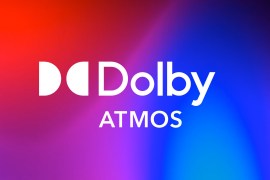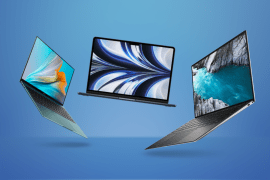What is QLED? Samsung’s new TV tech jargon busted
Is it just a cheeky name, or could QLED really be better than OLED?
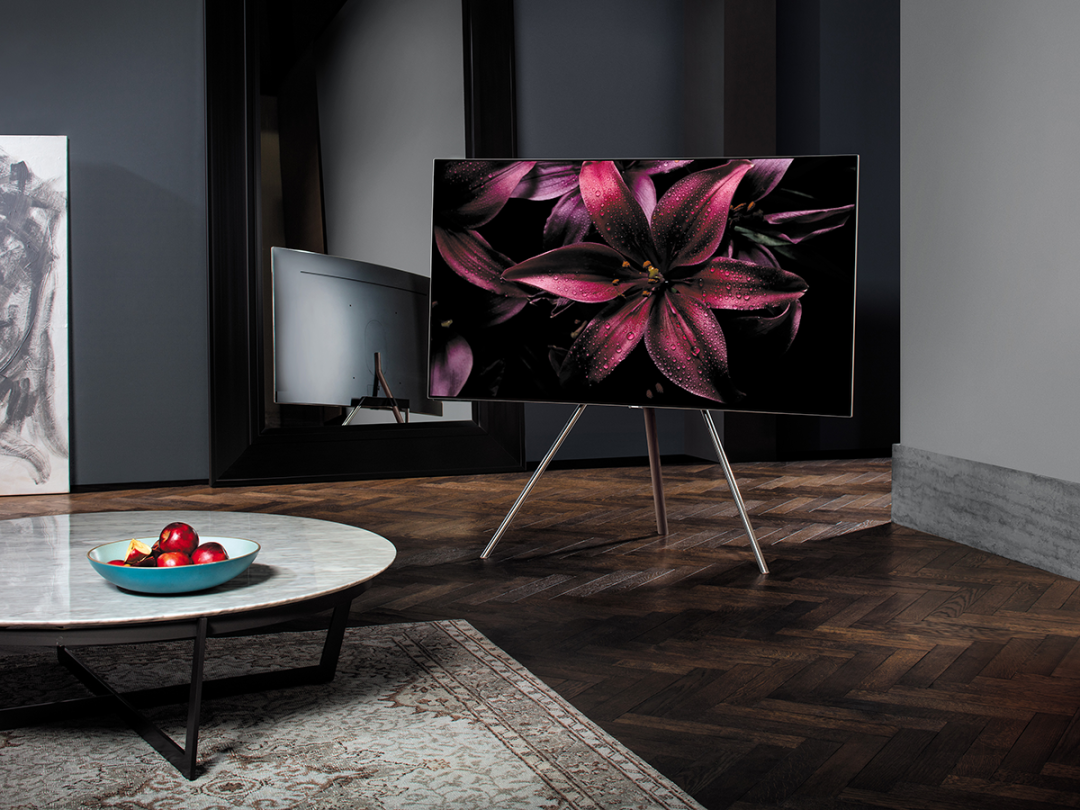
OK. Here’s how TVs were in 2016: LG’s OLEDs were the best you could buy at any price, Samsung’s Quantum Dot sets were the best you could buy without remortgaging your house.
For 2017, it’s all change. Panasonic and Sony have joined LG on the OLED bandwagon, leaving Samsung as the only one of the big four TV companies to have not yet embraced what many people believe to be the ultimate in telly tech.
Instead, it’s making a huge song and dance about its own panel technology, which it’s cheekily (and that’s putting it mildly) calling “QLED”.
So how does QLED work and does it even stand a chance against OLED? We’ve seen Samsung’s new TVs in the flesh and have at least some of the answers.
What is QLED?
Essentially, it’s the new name for Samsung’s Quantum Dot range of TVs – a contraction of “Quantum Dot LED”, with “Quantum Dot” being Samsung’s picture technology and “LED” being the backlight.
Samsung is the only maker of QLED sets because they use its Quantum Dot innovations, although both Sony and LG have dabbled in Quantum Dot tech in the past as well.
What is a Quantum Dot?
A QLED or Quantum Dot TV is an LED-backlit LCD TV with special colour enhancing particles. These particles are tiny, between 2 and 10 nanometers in diameter, and are ridiculously efficient at producing saturated blues and reds.
Samsung says that with Quantum Dot technology it can produce brighter sets with greater colour accuracy, and that’s becoming a really important factor in TV Land thanks to the rise of HDR (High Dynamic Range), which relies heavily on increased contrast, brightness and colour vibrancy to deliver its eye-popping pictures.
How is QLED different from OLED?
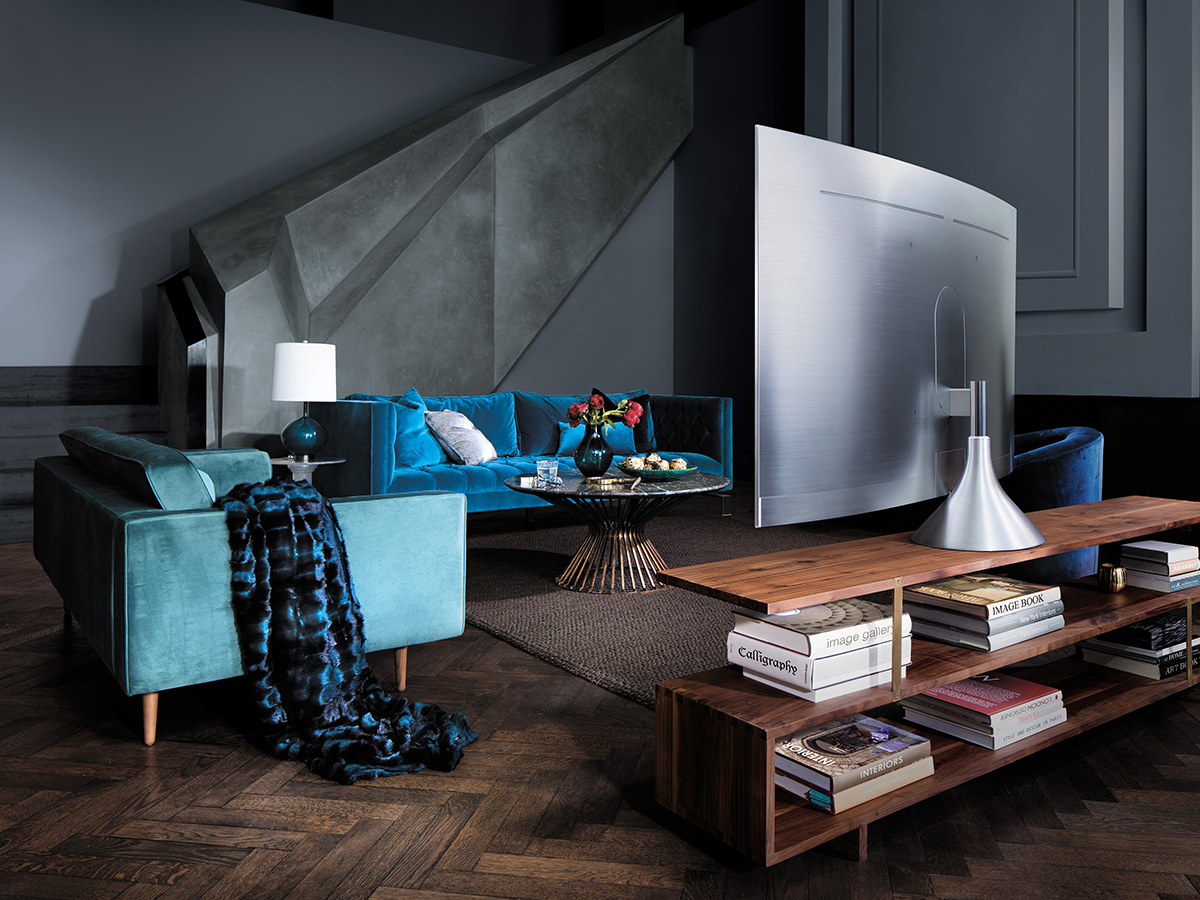
Even though the names are strikingly similar (and Samsung would probably be quite happy for you to confuse the two), QLED and OLED TVs are very different.
The core difference is that while QLED TVs require a backlight, OLED TVs don’t because each OLED pixel emits its own light, which has a huge impact on contrast – one teeny weeny pixel can be pure black, while the one next to it can be bright white or colour, and no LED backlit TV can yet match that. Because OLEDs consist of just one panel, it means the TVs can be super-thin as well. Check out LG’s freshly announced “Wallpaper TV” for evidence.
The complexity of OLED panels makes them way more expensive to make and buy, though, and while prices have come down a bit over the last couple of years, there’s still not an OLED TV out there that anyone could really call “affordable”.
Does that mean Quantum Dot TVs are bad?
Absolutely not. We rated Samsung’s TVs extremely highly last year, with its UE55KS7000 and flagship UE55KS9000 models both garnering five-star reviews. “Almost as good as OLED” was our verdict of that latter set, and given the difference in price that’s very high praise indeed – while an entry-level LG OLED would set you back two grand at least, the Samsung alternative had slipped under £1000 by the time Black Friday had arrived.
Simply the best › The top TVs of CES 2017
How are Samsung’s QLED TVs different to last year’s Quantum Dot TVs?
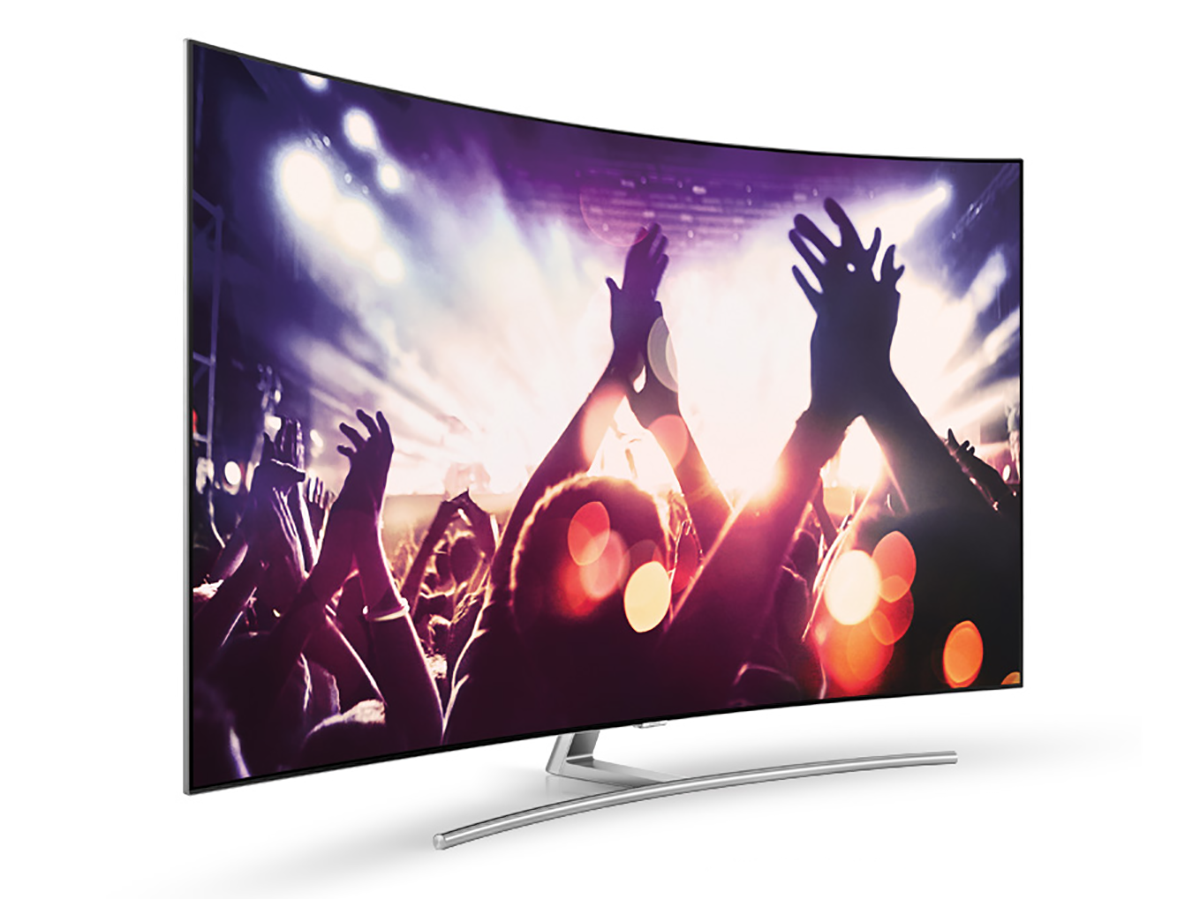
On the most fundamental level they’re not, because they work in the same way – a Quantum Dot LCD panel and backlight. However, Samsung says it’s really enhanced the technology this year and that it will really take the fight to OLED – from what we’ve seen so far that’s no word of a lie.
There’s a big emphasis on colour accuracy with the new QLED screens: the Q9, Q8 and Q7, which are claimed to be the world’s first to offer 100 percent colour volume. If true, this means you’ll get solid colour at any brightness – whether you’re searing your eyeballs on maximum settings or a bathing in a low-light glow.
Additionally, they retain their blackness and colour accuracy when viewed off-axis. So if you’re watching a QLED TV from a different angle to your better half then you’ll both get the same, perfectly vibrant experience.
So are Samsung’s QLED TVs as good as OLED?
Until we get the QLED’s in for a side-by-side test with the new OLEDs there’s no way to tell for sure, but the good news is that we shouldn’t be waiting very long – Samsung’s told us its new range is due for UK release in March.
From what we understand, these new QLEDs will sit above last year’s Quantum Dot tellies in Samsung’s product range. So the likes of the UE55KS7000 and UE55KS9000 will still be available for those who want Quantum Dot for a relatively affordable price, while the QLEDs will have prices more akin to OLED sets.
While an expensive TV is no guarantee of quality, it is a sign of Samsung’s confidence in its latest creations. We can’t wait to find out if that confidence is justified.
So QLED isn’t a gimmick?
The name might be, but the tech behind it isn’t. Samsung is absolutely determined to get the better of its nemesis LG, and would never dream of buying panels from the rival company (which is what Sony and Panasonic are doing).
Instead, it’s going to continue putting its considerable might into developing a technology intended to beat LG at its own game. True, in the long run it might launch an OLED telly of its own (and we’d be amazed if there aren’t already prototypes at HQ), but for now Samsung is completely committed to QLED.
And if the QLED TVs do turn out to be better and cheaper than OLEDs, that’ll be a huge deal for telly addicts everywhere.

